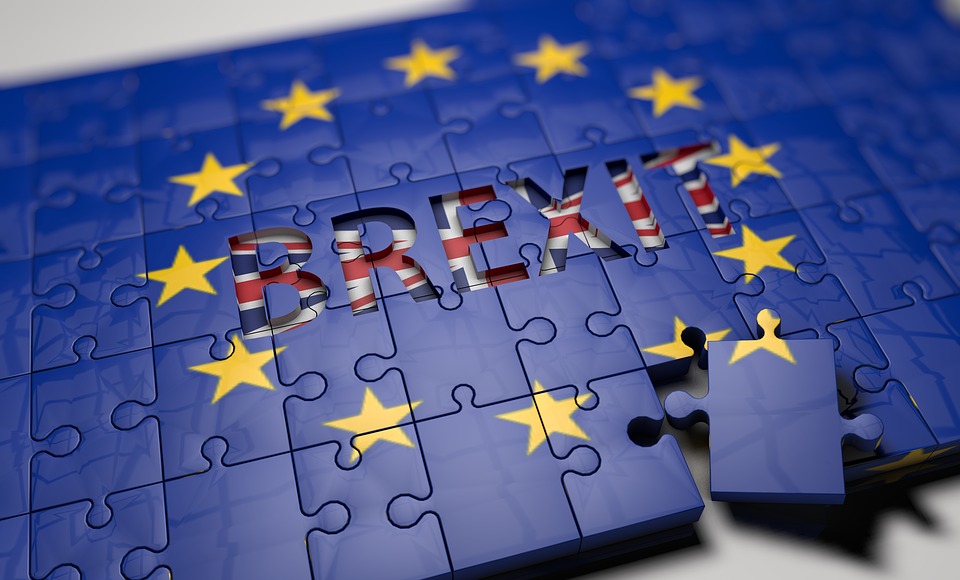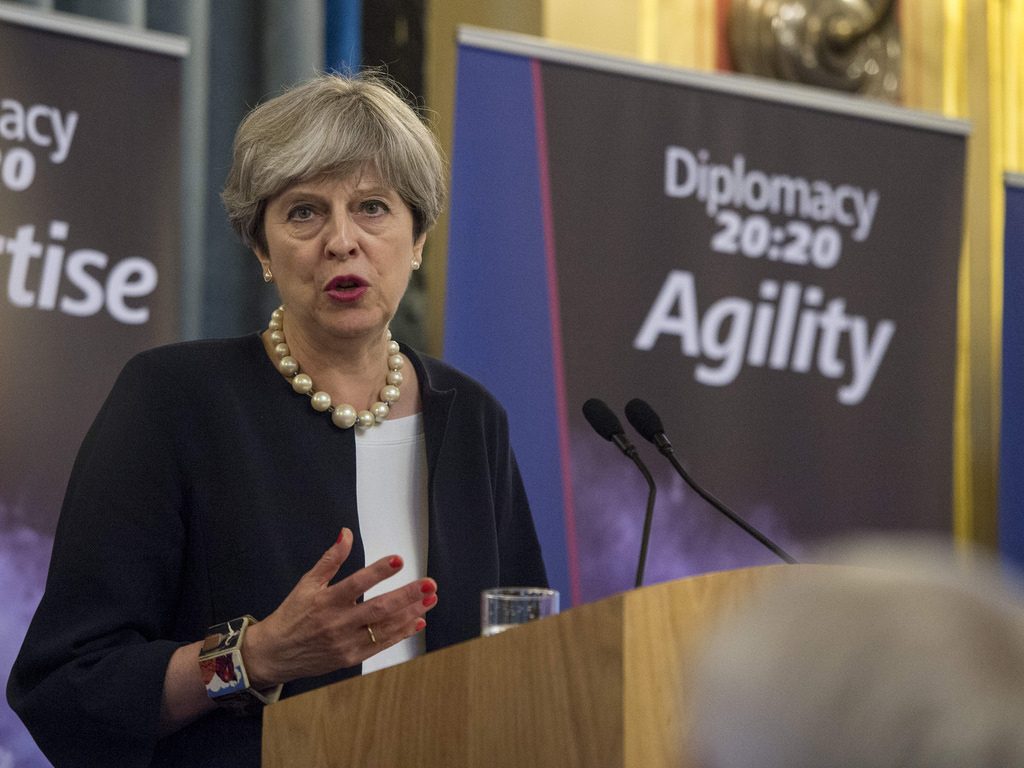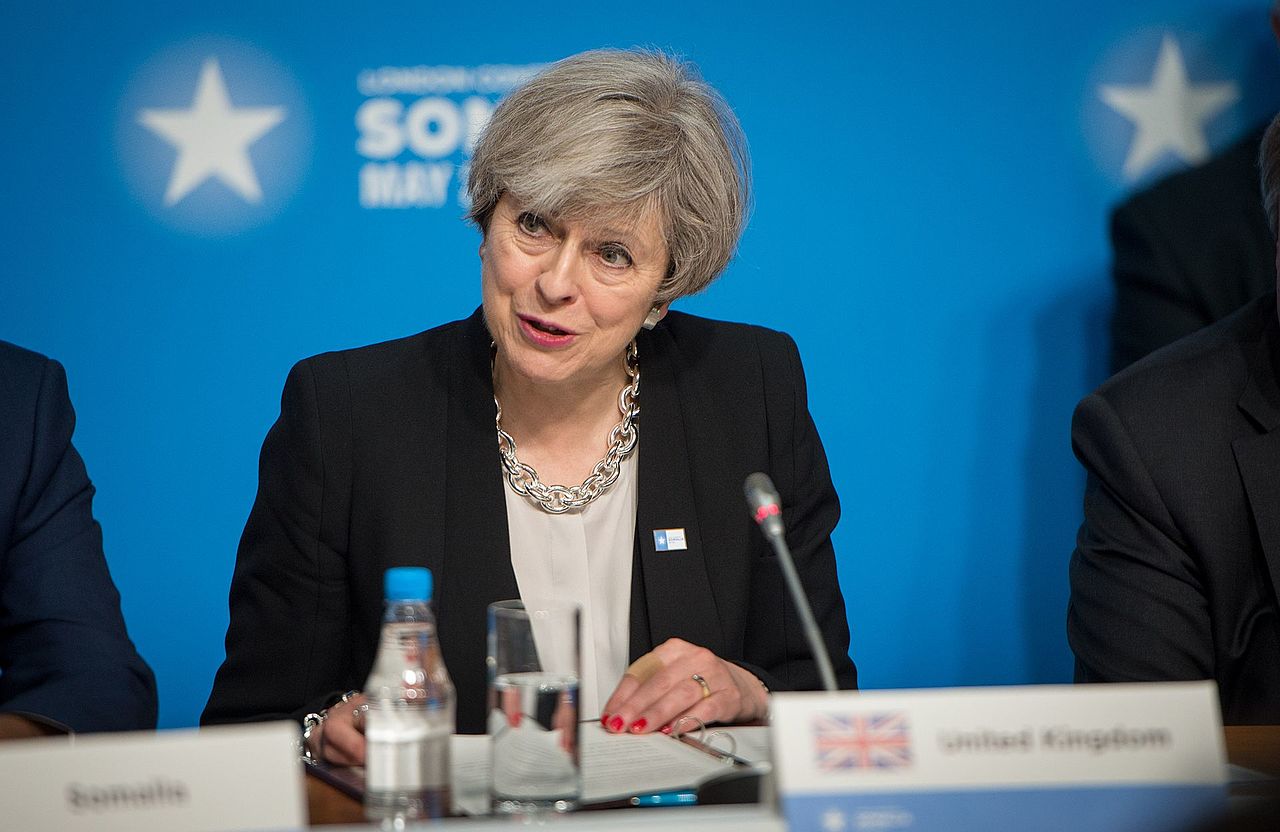“I think every week I’ve been saying we should have a clearer picture in a week’s time and at some point, that statement will become true, but it hasn’t yet,” says George Peretz QC. We’ve reached the end of another week of Brexit debates and votes in the House of Commons, and the country still finds itself unsure of what exactly is going to happen in order for the UK to leave the EU.
Theresa May is due to bring her withdrawal agreement to the house for a third time next week, and if supported, will attempt to extend Article 50 until the end of June. Today MPs have been having their say on what they believe the next course of action should be…
Earlier, Speaker John Bercow chose the following amendments to be voted on…
- AMENDMENT H: Wollaston – Instructs the PM to request an extension of Article 50 in order to hold a second referendum.
- AMENDMENT I: Benn – Extend Article 50 to find a way forward with majority support, by taking control of parliamentary time on 20th March.
- AMENDMENT E: Corbyn – Extend Article 50 to avoid leaving without a deal, and to provide parliamentary time for the House to find a majority for a different approach.
- AMENDMENT J: Bryant – Prevent the government from holding another Meaningful Vote as it has already been rejected by parliament.
Though the votes were close in some cases, all of the amendments brought today were rejected. Amendment J was not moved by Labour MP Chris Bryant, so was not voted on.
MPs then supported the government’s motion to delay Brexit until at least June 30 if the Commons approves a withdrawal agreement by next Wednesday.
If a divorce deal is rejected again, the government will still seek an extension to Article 50 but notes the terms would be in the EU’s hands. Yesterday, MPs voted to reject a no-deal scenario under any circumstance.
Despite all of these votes, the UK would still be reliant in most cases on the European Union’s agreement in order to progress, meaning that all options still remain on the table. Peretz, who specialises in the EU, state aid, and customs law at Monckton Chambers, spoke to RightsInfo about where another week of Brexit drama has left us, and what each scenario could mean for us and our rights…
Getting An Extension To Article 50
 George Peretz QC, barrister at Monckton Chambers.
George Peretz QC, barrister at Monckton Chambers.
“The most straightforward way of avoiding the cliff edge of March 29 is with the government requesting an extension at EU level,” explains Peretz, “which is a political question that some suggest may be trickier than it seems.”
The extension would have to be agreed to by the EU, so the voting on it today only outlines parliament’s intention, not what is certain to happen. What the EU would have to say about it may depend on what Ireland has to say, Peretz suggests.
“I think we have to remember that Ireland will be jumping up and down saying ‘you’ve got to grant this extension’, and it’s a sort of general rule in the EU that the member states will not collectively do something that one member state says will cause a real existential problem for them.”
“The rest of them are not going to do that to Ireland, and the Irish position will be absolutely clear that the UK will need to be given that extension because if not, obviously it will dramatically have an impact on Ireland.”
He continues: “I don’t have much doubt that an extension will be given, and it follows on from that, that the EU will probably work out an extension that is politically acceptable to the UK. They won’t say ‘we’re only going to offer a two week or two-year extension,’ because Ireland would make the point that that may be quite difficult for the UK to accept.”
“I think the EU will have to offer something that’s acceptable in the UK, but quite what that is will depend on what parliamentary decisions are made over the next week.”
Our Right To Vote If We Get An A50 Extension

Depending on the length of the extension, it’s possible that it could cover the period of European Parliament elections which could spark a debate over our right to vote due to the fact that we could still be affected by European legislation.
Should MPs back a deal by March 20, the Prime Minister will seek to delay Brexit until the end of June. In this circumstance, Peretz thinks it unlikely that we’d be sent to the polling stations. “It would probably be seen as bizarre, it would be pointless to vote in an election for a parliament that nobody we voted for will ever sit in.”
On the other hand, he says, the case may be made that “you’ve had one extension, so you may have another,” and if this goes on until after the parliament is due to take its seats on July 1, “it becomes inevitable that you have to have those elections.”
If Theresa May Gets Her Withdrawal Agreement Through
 Theresa May will attempt for the third time to pass her withdrawal agreement through the House of Commons next week. Credit: Flickr/Number10Gov
Theresa May will attempt for the third time to pass her withdrawal agreement through the House of Commons next week. Credit: Flickr/Number10Gov
Should the PM finally get support in the Commons for her Withdrawal Agreement next week, and extend A50 to June 30, most of our rights will remain unchanged once we hit the transition period. That’s because for the most part, the agreement sees the UK having to stick to EU standards while further talks take place.
READ MORE: Brexit Britain Could Be A Human Rights ‘Weak Link’, Fears Equality Committee >>
One rights question that pops up during that period, though, is once again our right to vote. Article 3 of the First Protocol to the Human Rights Convention (ECHR) states that parties will hold “free elections at reasonable intervals by secret ballot, under conditions which will ensure the free expression of the opinion of the people in the choice of the legislature.”
This lays out the most fundamental aspect of any representative democracy—the right to vote for those who make your laws. As we’d be staying on par with EU standards during the transition, should we be able to vote for representatives who make those standards and laws?
Peretz recalls a 1994 case while discussing this. “Denise Matthews — a UK national living in Gibraltar — asked for the right to vote in elections to the European Parliament and was refused, as UK legislation said that only UK nationals resident (or resident within the previous 15 years) in Great Britain and Northern Ireland had the right to vote for the UK’s MEPs.”
Matthews took her complaint to the Human Rights Court (ECtHR) in Strasbourg and pointed out that Gibraltar is fully subject to EU law and claimed that the denial of a vote to Gibraltarians breached their rights. Matthews won her case.
“The UK’s membership of the ECHR is entirely independent of its EU membership,” Peretz explains, “so the UK will remain bound by the ECHR after Brexit, and subject to the rulings of the ECtHR.”
He continues: “The UK becomes directly and immediately subject to EU law and to new EU law made during the transition period, but its voters have no representation in the EU Parliament.”
Due to this, the Brexit withdrawal agreement may be found to violate the ECHR, something with Peretz explains more of, here.
No Extension And No Deal
 Credit: Dee Ramadan
Credit: Dee Ramadan
Yesterday, MPs voted to reject a no deal scenario under any circumstance. That vote was not legally binding, however, and again is subject to the EU agreeing to an alternative. It could still happen.
“No deal would be a disaster,” says Peretz, “primarily for economic reasons but also for legal ones.” The barrister understands that leaving without a deal would create potential ‘legal black holes’, with a lot of the government’s attempts to patch up the missing elements of EU law that we’d be left with so far, raising fundamental legal questions about how they’re supposed to work and what they mean in practice.”
Leaving the EU without a deal would mean “an immediate loss of all of the EU law rights that individuals have, most obviously in the area of citizens rights,” says the QC.
READ MORE: Brexit Stockpiling Gives UK Economy A Boost As Concern About Right To Food Spreads >>
“Under a no deal situation, the government has said it will offer an equivalent set of rights in the United Kingdom,” he continues, “however, what an act of parliament can grant on one day in the UK, another act of parliament can take away the next.”
“If the government decides it doesn’t particularly want a citizen to bring their husband or wife who’s a foreign national to the UK, there’d be nothing to stop the UK from doing that. These kinds of fundamental rights issues would all be subject to change.”
“There are a set of rights anxieties over Brexit relating to the rights of EU citizens living in our country, and you’ve got a lot of uncertainty about people detained under the European Arrest Warrant, what happens to them?”
In areas like family law, too, there could be complications. Offering an example, Peretz tells RightsInfo, “If you were a mother who’s divorced from a German father and he turned up at school and took the child back to Germany, what would be your position?”
“Under EU law you have a whole set of arrangments, whereby you’d go to the German authorities and say ‘here is an order of a UK court, go and find the child and bring them back’. But if that all suddenly goes away, you’d have to get German lawyers and go through German courts with uncertainty as to how they’d approach it.”
Thought should also be given to UK citizens living in the EU, Peretz next notes, which the UK “can do nothing about” in the case of no-deal.
He explains: “UK citizens would then be thrown to the mercy of whichever EU state they happen to live in. Some have said that they’ll give them status, and you’d probably be OK in some countries, but I might be more worried if I lived in others.”
READ MORE: Brexit Has Failed to Safeguard Children’s Rights Insists ‘Shocking’ New Report >>
Away from more specific legal and rights issues, the barrister foresees economic disruption should we leave without a deal, too.
“The EU has indicated, for example, that for a while it will allow British planes to continue landing and certain transportation to continue, but the position will be entirely up to the EU, and the EU will only continue those arrangements for however long that it suits it to maintain them. If I was an economic operator that would concern me.”
“The EU, under World Trade Organisation rules, would have to immediately apply general external tariffs to the UK, which could be a real problem for our exporters. Checks at borders and tailbacks will also cause a certain amount of economic disruption.”
Summing up his concerns over no-deal, Peretz states that “all of these questions affect fundamental sets of rights, and a no-deal would leave all of these wide open and uncertain.”







